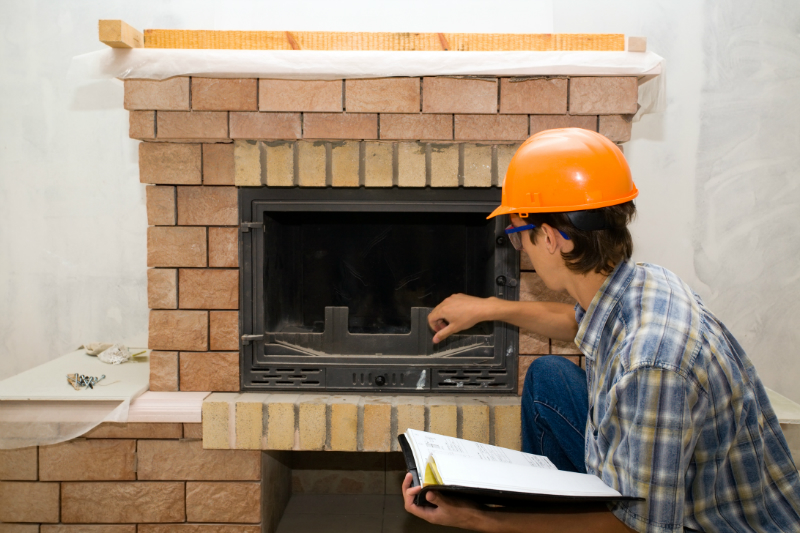
by Renee Brigman | Jan 5, 2016 | Chimney Inspection, Prevention
Both can cost you thousands of dollars if you don’t get an inspection! Everyone knows that it’s required to get a termite inspection by a reputable pest control company when a house is being sold. Have you ever wondered why it’s not required to have the...
by Renee Brigman | Oct 16, 2014 | Chimney Inspection, Chimney Maintenance, Fire Safety, Prevention
The crisp autumn weather is starting to settle in. Chilly winds have vividly colored leaves falling to the ground, and most people no longer leave the house without at least a light jacket. Many homeowners are starting to look ahead to heating their homes in the...
by Renee Brigman | Jul 30, 2014 | Masonry, Prevention, Spalling
There are a number of things going on inside and outside your chimney,even while it’s not being used. According to the Chimney Safety Institute of America, your chimneys are prone to various harsh conditions caused by both external and internal factors. This...


